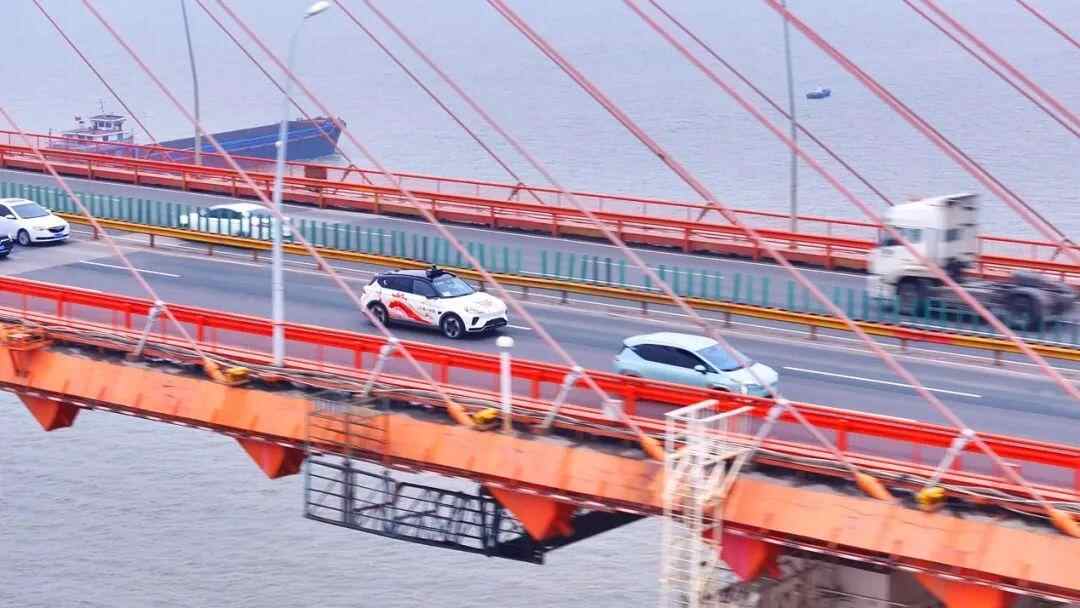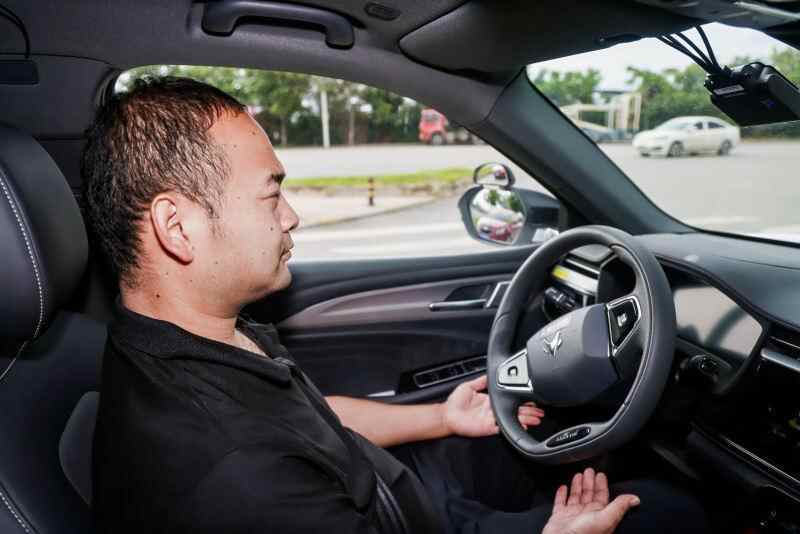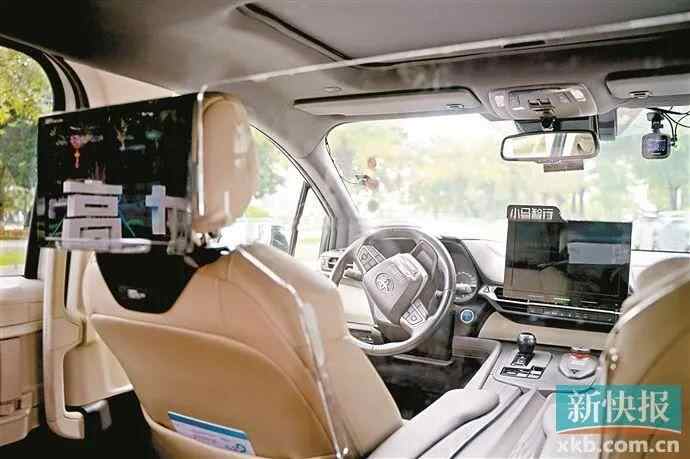On the afternoon of July 7th, a Wuhan netizen posted a video on a short video platform showing an "Apollo Go" driverless taxi from Baidu's autonomous ride-hailing service provider hit a pedestrian on the streets of Wuhan. This incident has once again brought the safety of autonomous driving technology into the public spotlight, sparking widespread discussion.

According to Baidu, "Apollo Go" is an autonomous ride-hailing service platform launched by Baidu Apollo. It is conducting passenger test operations in 11 cities and has started fully driverless travel service tests in Beijing, Wuhan, Chongqing, Shenzhen, and Shanghai.

"Apollo Go" has now made its way to the streets of Guangzhou, where driverless taxis can be hailed in areas such as Guangzhou Science City in Huangpu District. The system specifies designated pick-up and drop-off points, and passengers must board within three minutes. There are now reported to be over 300 such designated stops.
In June 2023, the Pingshan District People's Government in Shenzhen City issued smart networked vehicle commercialization pilot licenses to AutoX, Pengcheng Electric Baidu Apollo Joint Venture, marking the official launch of L4-level unmanned commercial operation in Shenzhen. During the initial operation period, "Apollo Go" offers services at a 90% discount, with a 6.7-kilometer ride costing only 4.1 yuan.

Baidu's Q1 2024 financial report shows that as of April 19th, "Apollo Go" had provided over 6 million service trips in total, with about 826,000 trips in Q1 alone, a year-on-year increase of 25%.
Some netizens praise the driverless taxis for their clean air, air conditioning, personalized music choices, lack of disturbances, and cleanliness. The most appealing factor, however, is the price.
Guangzhou passengers report that thanks to platform subsidies, fares are very low. A trip from Xingyue Bus Stop to Luogang Wanda Plaza costs only four yuan, averaging about 0.5 yuan per kilometer, which is cheaper than driving on one's own.

The low prices and clean, comfortable interiors have made driverless taxis a favorite for many. However, for taxi and ride-hailing drivers, "Apollo Go" and similar services pose a threat to their livelihoods due to lower operating costs and the ability to run 24/7, which human drivers cannot match.
Zhang Xiaorong, director of the Deep Research Institute, points out that while driverless technology has made significant progress in some areas, it still faces many limitations and challenges, such as handling various road conditions and driving in complex weather. Replacing taxi drivers will require more time and technological advancements.

Currently, many driverless cars are equipped with safety checkers, and even if there is no one in the car, there are often remote safety checkers. Additionally, as the new industry of driverless ride-hailing develops, new application scenarios and professions will emerge.

Driverless taxis have always been one of the most important application scenarios for autonomous driving companies. Besides Baidu, many other companies are also entering the market.
According to a McKinsey research report, China is expected to become the world's largest autonomous driving market in the future. The report predicts that by 2030, the total sales of autonomous vehicles in China will reach $230 billion, and the order value of travel services based on autonomous driving will reach $260 billion.
Source: Yangcheng Evening News
















